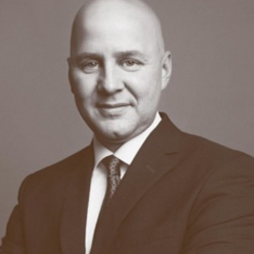Are you contemplating a graduate degree in business? The Master of Financial Accountability (MFAc) is a one-of-a-kind degree that should definitely be on your shortlist.
This program spawned from public outcry at scandals such as Enron that culminated in the Sarbanes-Oxley Act in the United States in 2002, followed by the Global Financial Crisis of 2008. While legislation has created a new industry in regulatory reporting, the basic problems surrounding the lack of accountability and good governance still persist. Businesses around the world are in dire need of graduates of the MFAc program.
York's MFAc program addresses complex questions and challenges. You'll acquire strong critical knowledge and practical skills from across the areas of accountability, assurance, climate change, compensation, cybersecurity, ethics, governance, law, and risk management. You'll also deepen and extend your knowledge by linking conceptual frameworks and research with professional experience and practice.
MFAc graduates can and will play a major role in restoring public trust in our private and public sector organizations. You will be recognized as a leading authority on accountability and governance in your organization. The most coveted leadership skill for private and public sector managers today is the ability to instill appropriate accountability and governance relationships in the organization. This is the essence of the MFAc.
The MFAc is unique. This is a relatively new degree and the only one of its kind. It was spawned out of the public outcry at scandals such as Enron that culminated in the Sarbanes-Oxley Act in the United States. While that legislation has created a new industry in regulatory reporting, the basic problems surrounding the lack of accountability and good governance still persist. The global financial credit crisis of 2008 has unequivocally shown there is currently a dire need for graduates of our Program.
Testimonials from students, alumni & faculty members

Learn More
The Graduate Program in Financial Accountability (MFAc) at York is an exciting environment to pursue innovative, socially engaging, career-ready education. Contact our Graduate Program Assistant to learn more.





